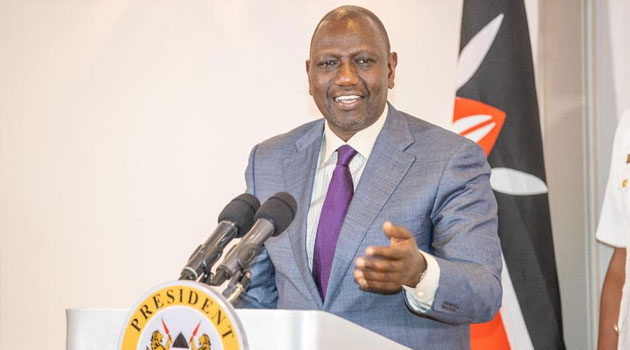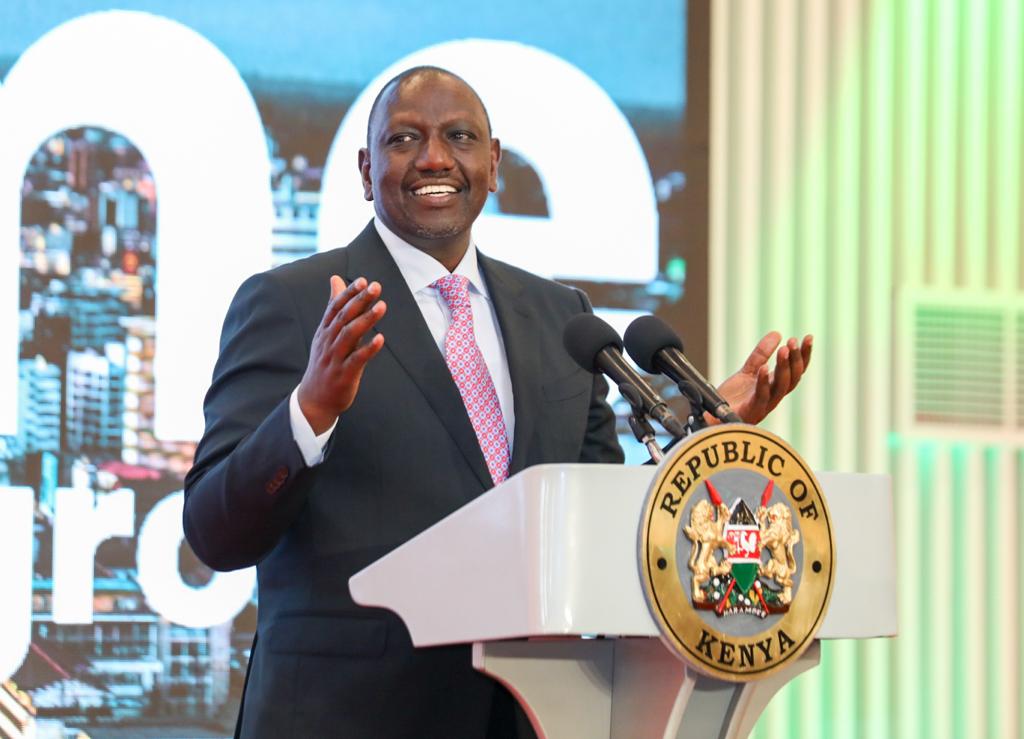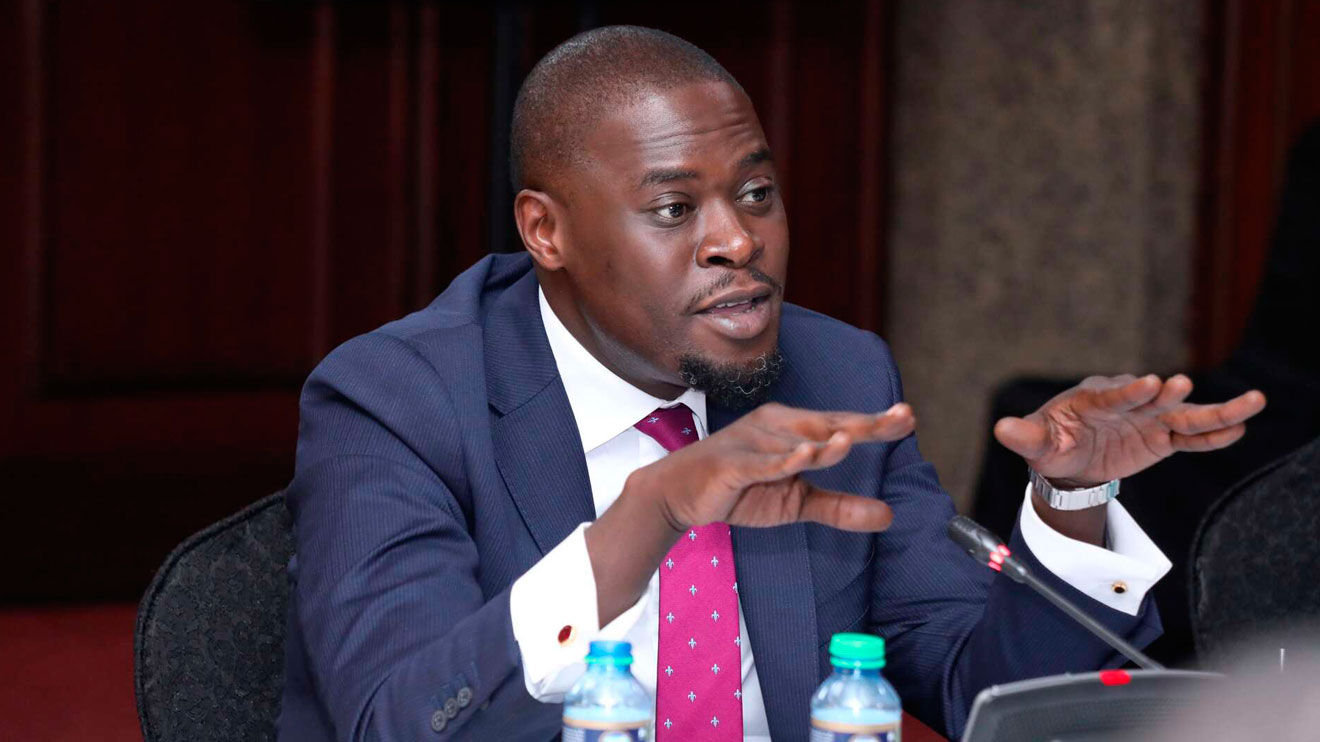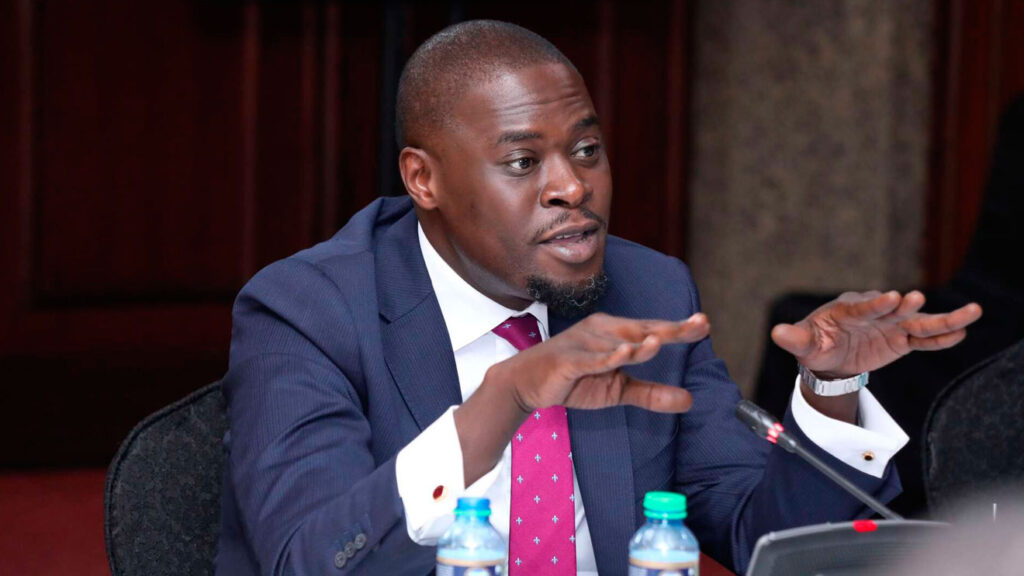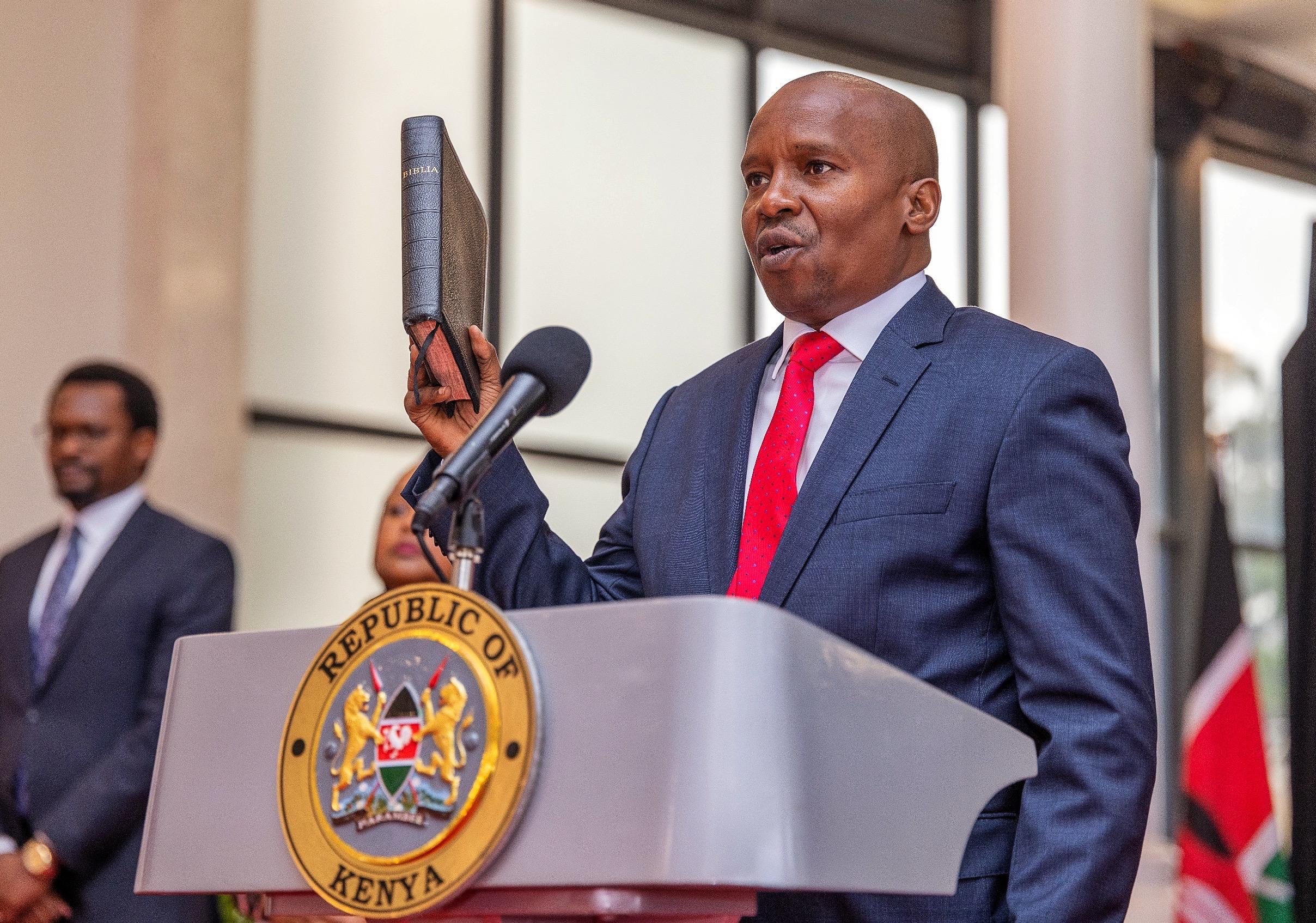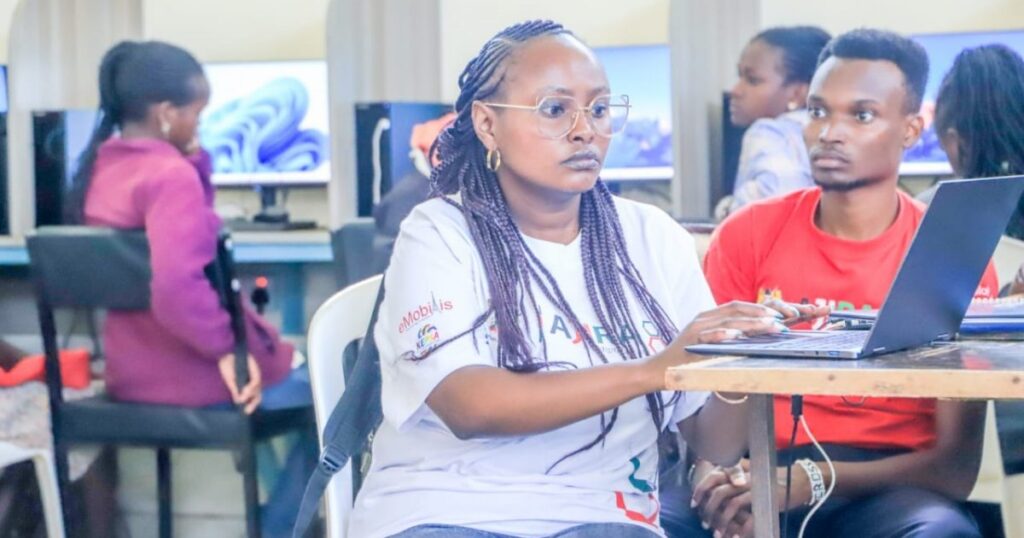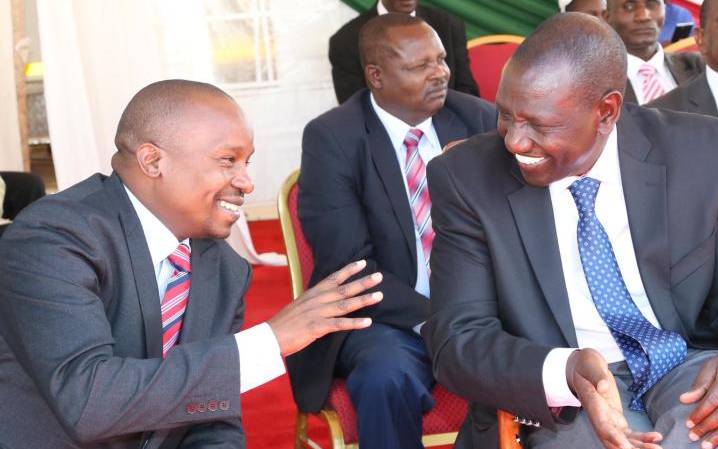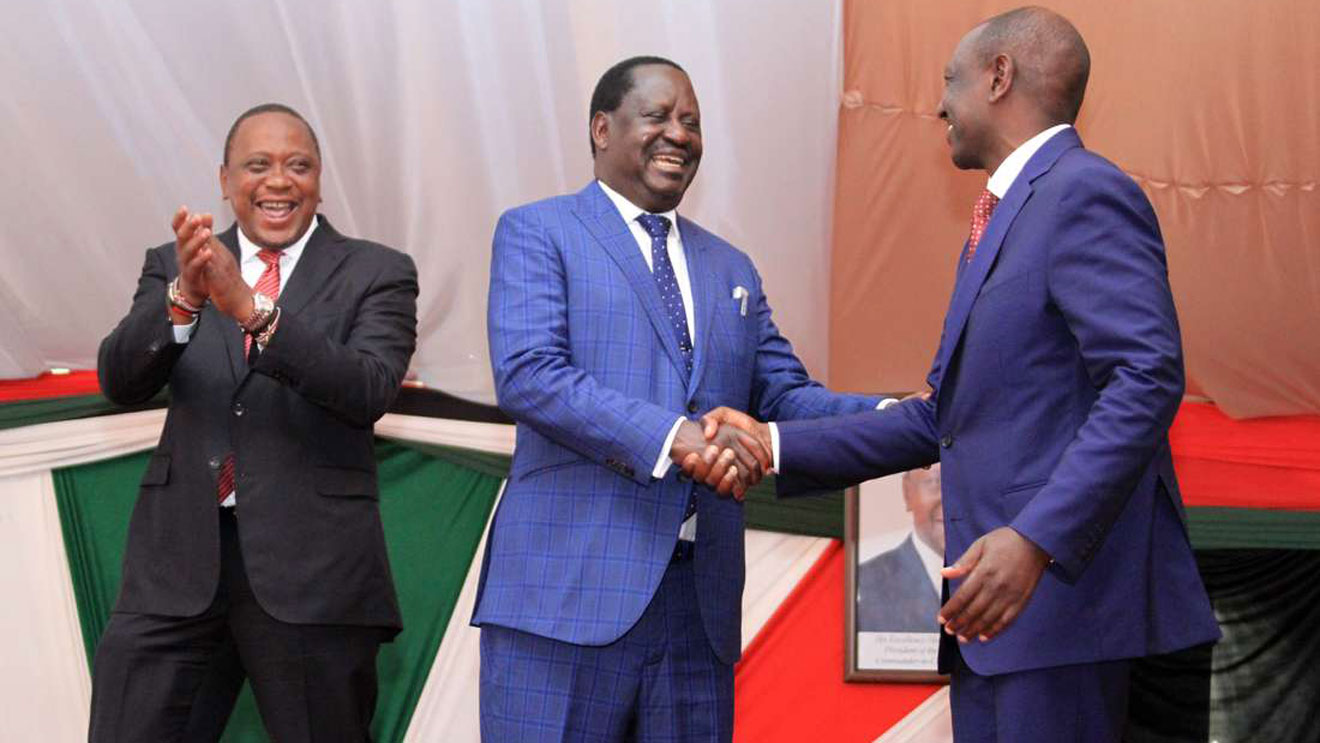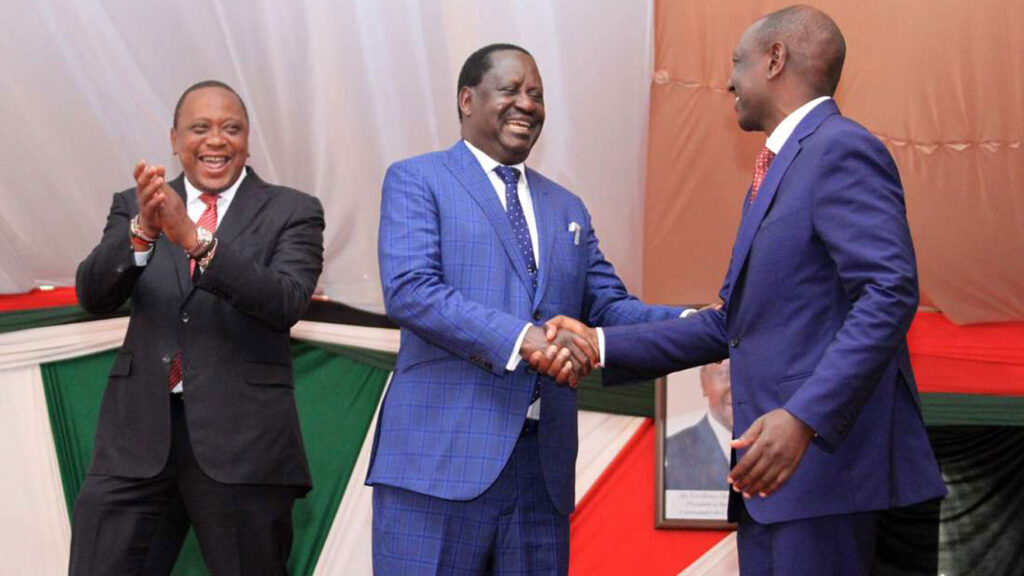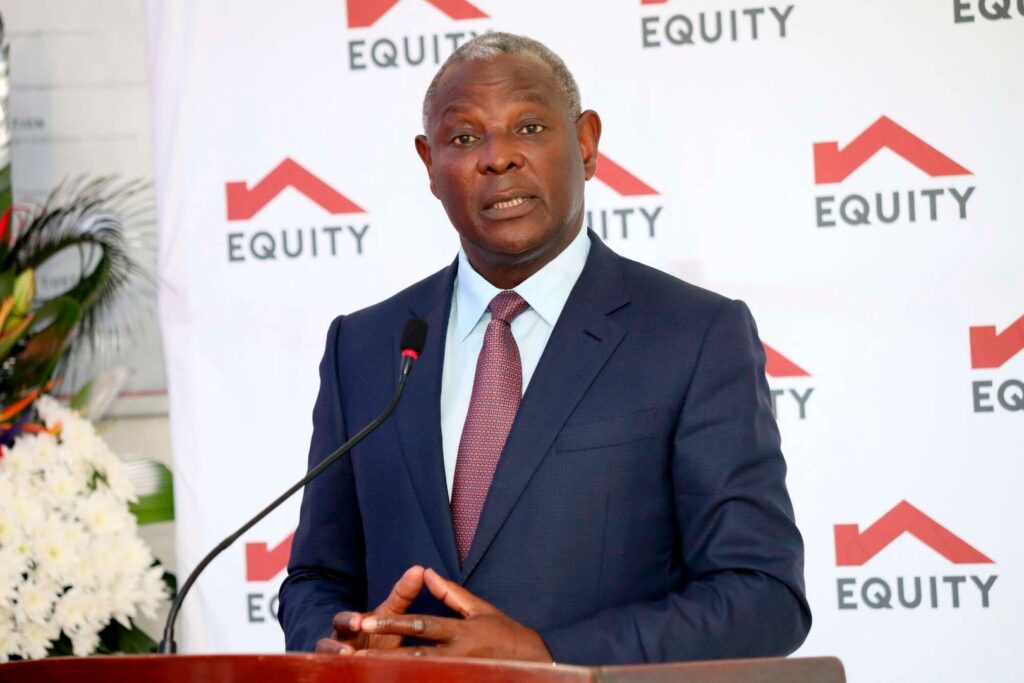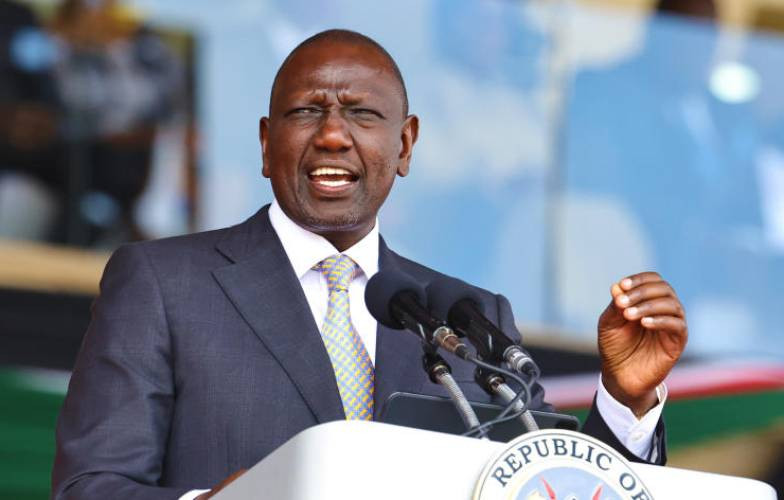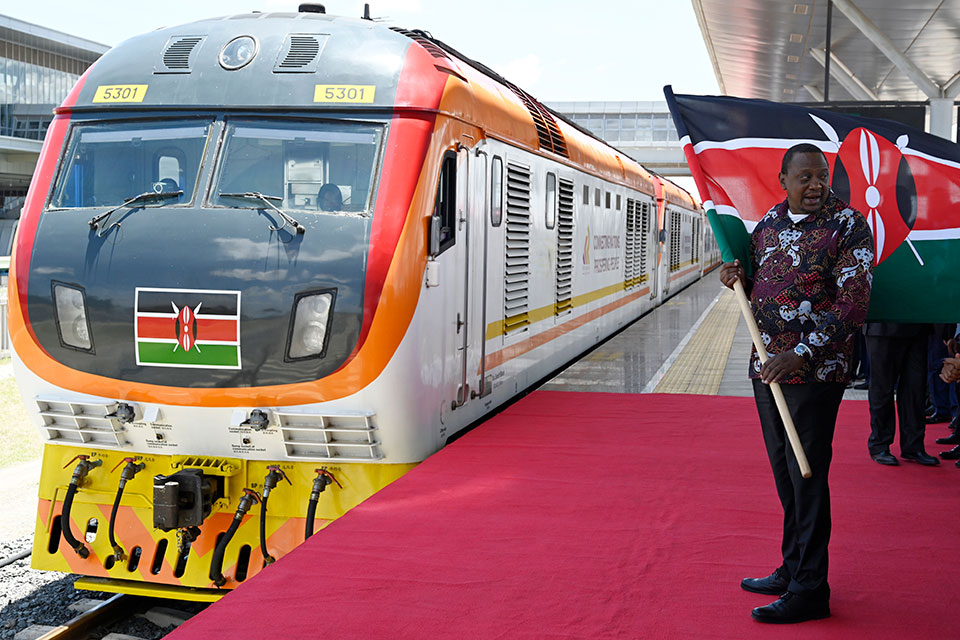High Court directs Treasury to reveal deals on Kenya’s debt
High Court directs Treasury to reveal deals on Kenya’s debt

A High Court of Kenya has recently made a ruling that will compel the National Treasury to produce all records of debts contracted on behalf of Kenya including sovereign bonds and the exact expenditure of borrowed funds alongside it within 45 days
He also accused the government of unconstitutional treatment of secrecy in public finance.
Justice Lawrence Mugambi went further and opined that denying this information is un-constitutional under Article 35(1). He also accused the government of obscurity in the management of sovereign bond and debt saying this was against the principles of the constitution of Kenya on financial freedom.
According to Justice Mugambi, ‘’It is unconstitutional not to avail treaties and agreements entered into by Kenya; There is need for transparency in financial docket.”
This comes after a two-year legal case pursued by the Institute of Social Accountability and the Kenya Human Rights Commission over accountability on the rising debts in Kenya.
Impact of the Ruling
- The ruling mandates Treasury Cabinet Secretary John Mbadi to disclose:
- Financial bilateral relations between Kenya and other parties inclusive of foreign states and financial institutions through debt instruments.
- Sovereign bonds issued on the market in the past nine years.
- The loan proceeds broken down in detail to show how they were used.
Further, these orders should be complied within the set time failure to which one is liable to be charged with contempt of court as Advocate Evans Ogada noted.

Controversial Task Force Shut Down
The ruling arrives several months after president William Ruto exclude an independent task force that is supposed to audit Kenya’s debt. As it will be seen critics opined that the task force duplicated the function of the Auditor General as provided in the Constitution, a contention that Justice Mugambi agreed with.
Kenya’s Debt Burden
The petitioners noted that Kenyans struggle because of the general lack of disclosure relating to public debts. Kenya has been among the fastest-growing economies growing from Ksh. 1.8 trillion in the fiscal year 2013/2014 to Ksh 10.6 trillion in the fiscal year ending June 2024, however, the ballooned debt has raised eyebrows over mismanagement.
In his advocacy, Ogada accused previous governments of perpetuating the begging culture and hiding pertinent information about the debts from the public, making citizens to pay the debts.
Looking Ahead
The outcome of this decision is believed to provide direction as to the level of indebtedness and borrowing that Kenya should undertake. It also re-emphasises the judiciary in the fight for accountability in the management of the nation’s financial resources and empower the people of Kenya with information concerning decisions made on their economic lives.
Given 45 days to act, the Treasury is under pressure to disclose materials that could redefine Kenya’s debt strategy.







